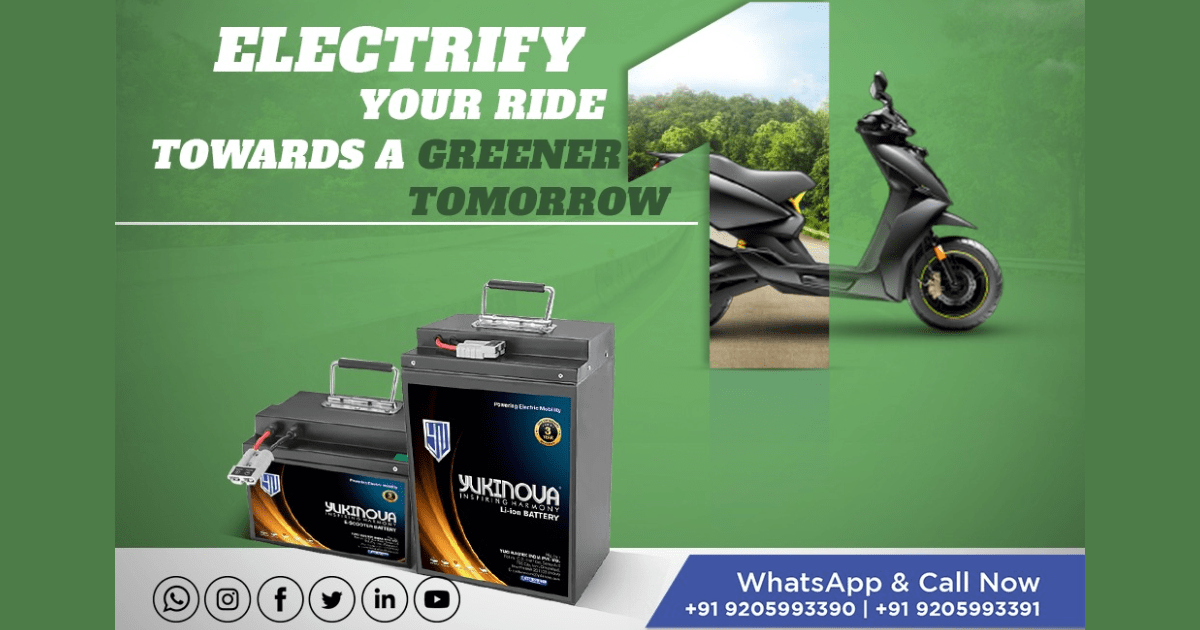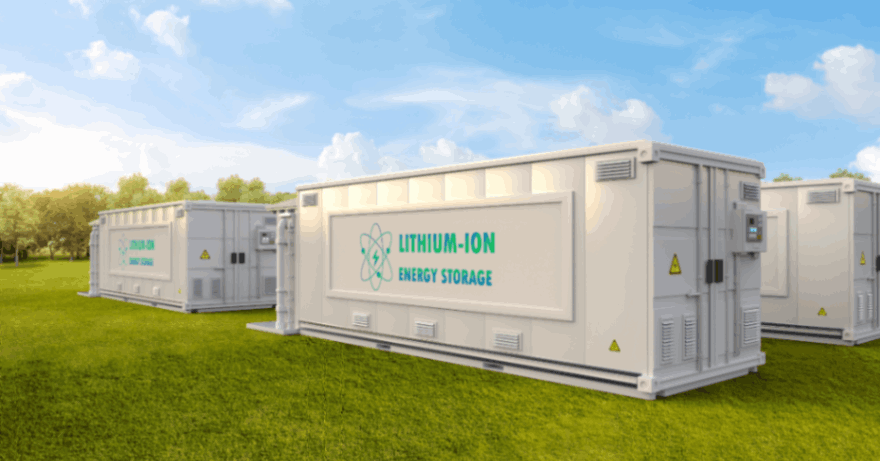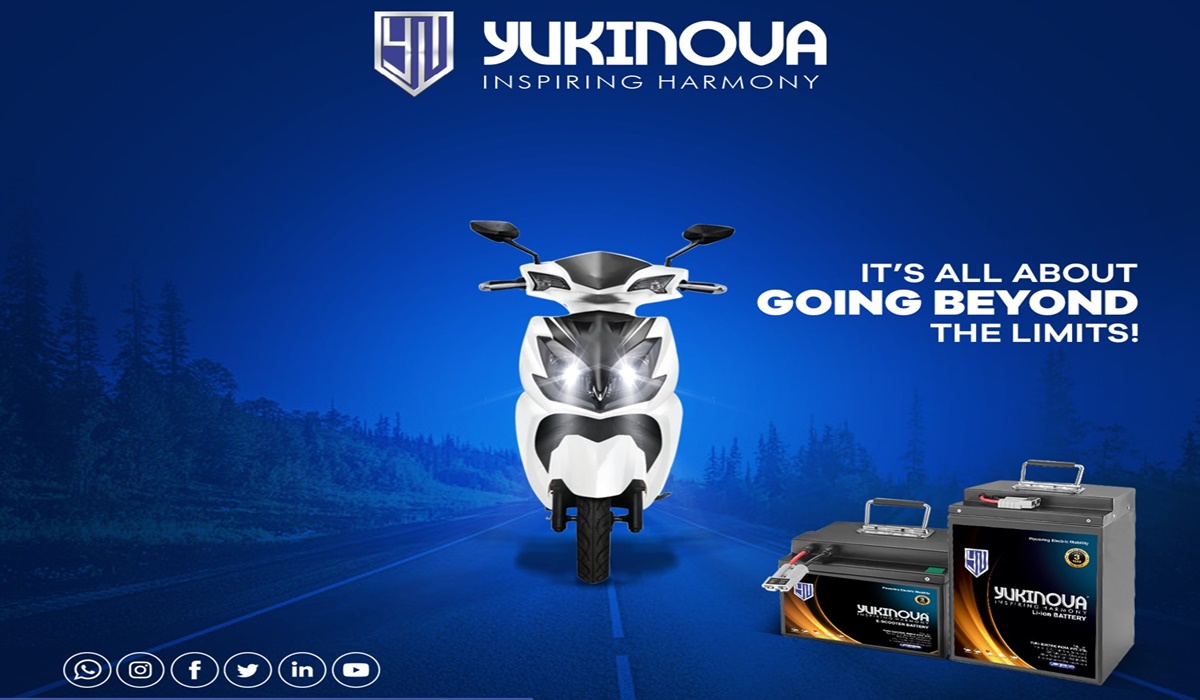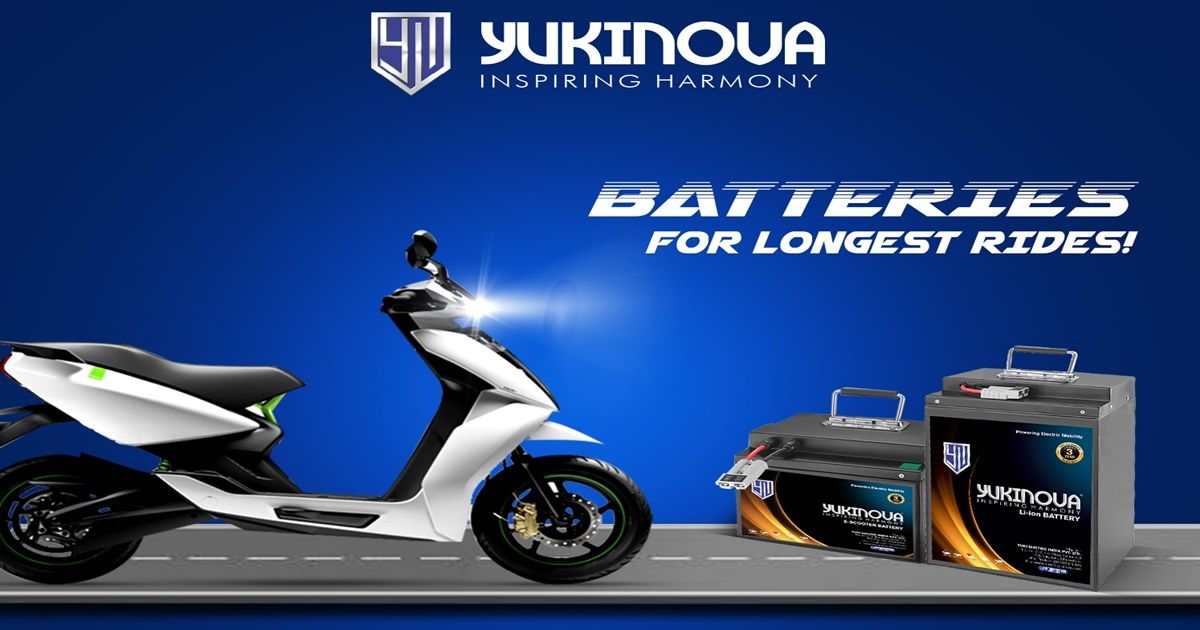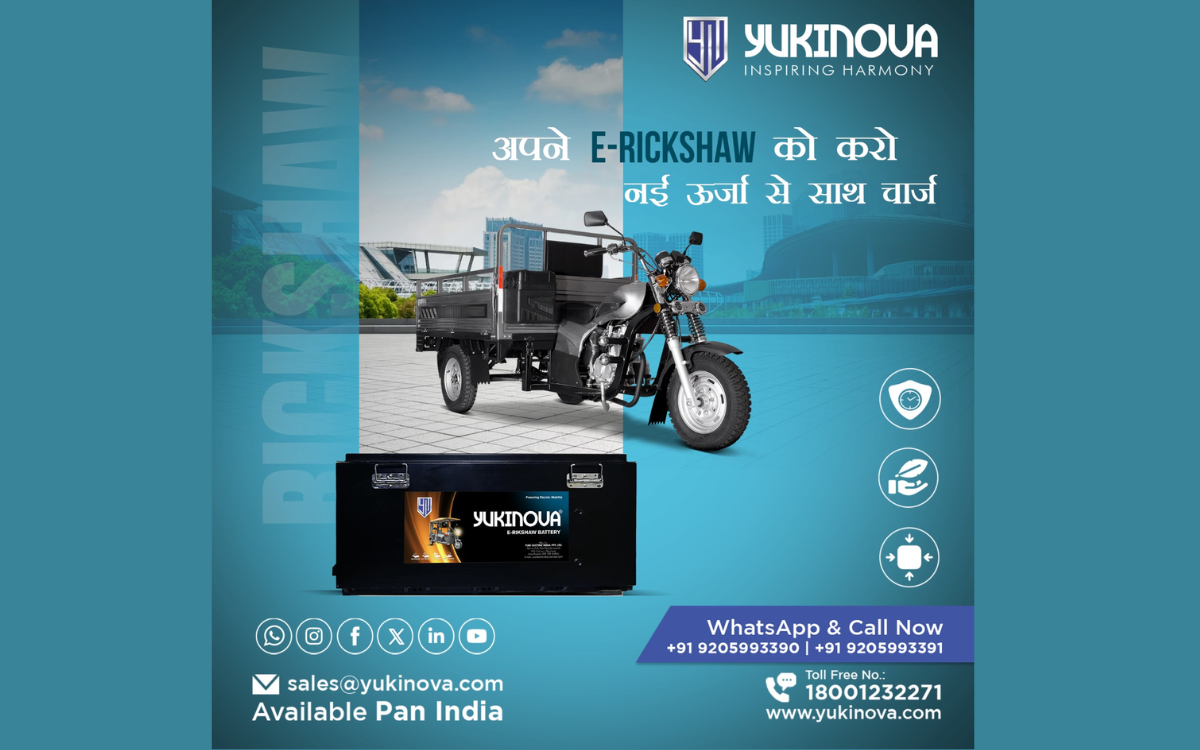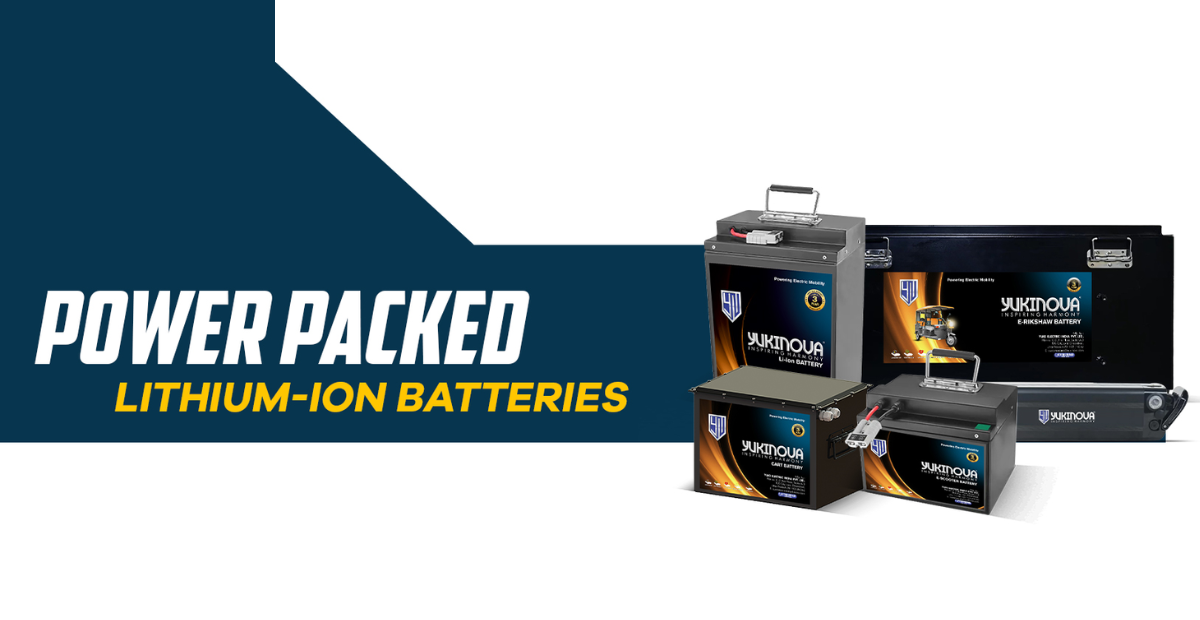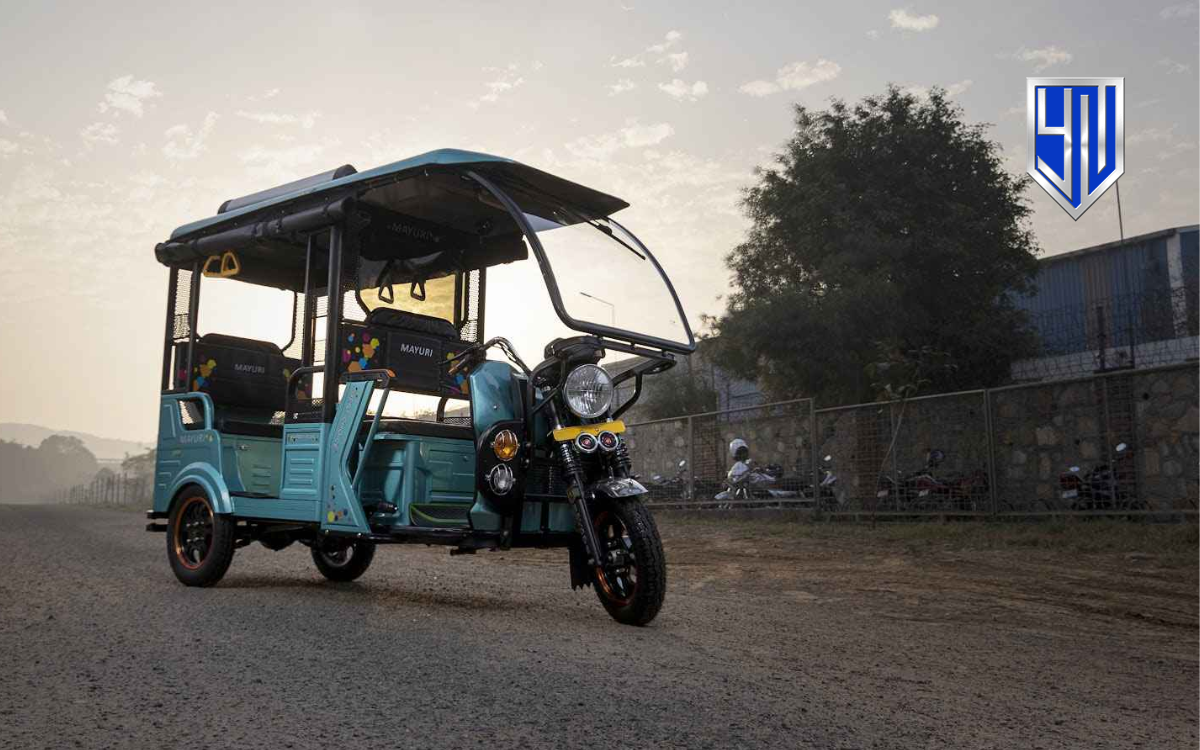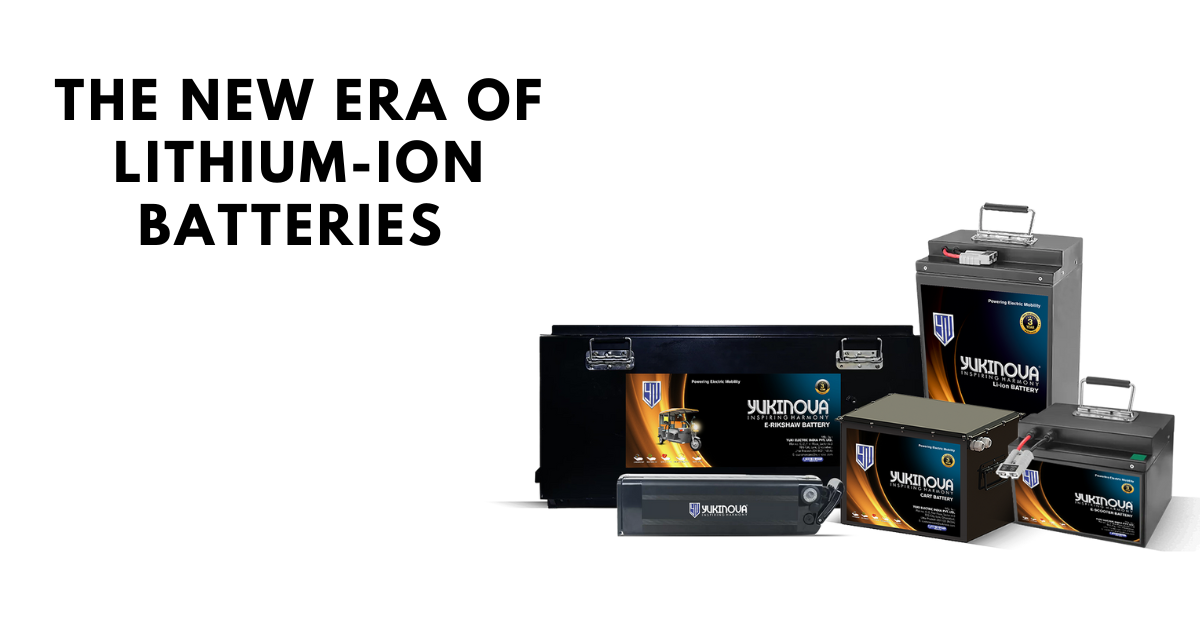In a world increasingly conscious of environmental impact, electric scooties have emerged as a beacon of sustainable and efficient urban mobility. These sleek two-wheelers are not just a stylish choice; they represent a shift towards a cleaner, cost-effective, and quieter mode of transportation. Let’s delve into the remarkable features that make electric scooties a game-changer and explore the technological marvels behind their power – lithium-ion batteries.
Electric Scooties: Transforming Commutes and Environments
Environmentally Friendly
One of the most significant advantages of electric scooties is their contribution to environmental preservation. Emitting zero emissions during operation, these vehicles play a pivotal role in reducing air pollution and combating climate change. Unlike traditional scooties that rely on gasoline, electric scooties operate solely on electricity, promoting a cleaner and greener urban landscape.
Cost-Effective
Beyond their environmental benefits, electric scooties prove to be economically savvy. With lower operating costs and higher energy efficiency, they outshine their gasoline counterparts. Electricity tends to be more affordable than gasoline, making each ride on an electric scooty a cost-effective choice for both short commutes and daily errands.
Quieter Operation
Say goodbye to the loud revving of traditional scooties. Electric scooties offer a quieter and more peaceful riding experience. The absence of a combustion engine’s noise not only reduces auditory pollution but also enhances the overall tranquility of urban spaces. This makes electric scooties an attractive option for those seeking a harmonious and noise-free computing experience.
Low-Maintenance
Electric scooties boast a simpler design with fewer moving parts, translating into reduced maintenance requirements. Compared to traditional scooties, they offer substantial savings in both time and money on repairs. The low maintenance aspect not only contributes to cost-effectiveness but also ensures a hassle-free ownership experience.
Easy Charging
Charging an electric scooty is as easy as plugging in your smartphone. With the convenience of home charging or readily available charging stations, electric scooty owners can bid farewell to the hassle of visiting gas stations. This accessibility makes recharging a seamless part of daily routines, eliminating the need for detours and ensuring a consistently charged ride.
The Powerhouse Behind the Ride: Lithium-ion batteries for Scooty
Let us see what makes lithium-ion batteries the powerhouse behind the scooty rides!
High Energy Density
At the heart of every efficient electric scooty lies the powerhouse – the lithium-ion battery. These batteries offer a remarkable energy density, allowing them to store a large amount of energy in a compact size. The high energy density ensures that riders can cover longer distances on a single charge, making electric scooties a practical and reliable choice for various commuting needs.
Longer Lifespan
One of the standout features of Lithium-ion batteries for scooties are their extended lifespan compared to other battery types. This longevity translates into fewer battery replacements, reducing both the environmental impact of disposal and the financial burden on the scooter owner. Lithium-ion batteries not only power rides efficiently but also stand the test of time, making them a sustainable investment.
Lightweight Design
Lithium-ion batteries for scooties are renowned for their lightweight composition. This characteristic contributes to the overall agility and maneuverability of electric scooters, making them easy to handle in urban traffic. The reduced weight not only enhances the riding experience but also plays a role in optimizing the scooty’s energy efficiency, further extending its range.
Fast Charging
In a world where time is of the essence, Lithium-ion batteries for scooties shine with their fast-charging capabilities. Electric scooty users can recharge their batteries quickly, minimizing downtime and allowing them to get back on the road with minimal disruption to their daily schedules. Fast charging adds a layer of convenience that aligns with the fast-paced nature of modern urban living.
Efficient Performance
The efficiency of lithium-ion batteries ensures a smooth and consistent riding experience. These batteries deliver reliable power, allowing electric scooty riders to navigate varied terrains with ease. Whether commuting to work, running errands, or exploring the city, the efficient performance of lithium-ion batteries ensures that riders can rely on their scooters for a dependable and enjoyable journey.
Yukinova Battery: Empowering Your Ride
As a leading lithium-ion battery manufacturer, Yukinova Battery stands at the forefront of powering the electric revolution. Our commitment to delivering cutting-edge energy solutions for scooties positions us as a trusted partner in sustainable urban mobility.
Choose Yukinova Battery for the lithium-ion advantage – a journey characterized by high energy density, longer lifespan, lightweight design, fast charging, and efficient performance. Our batteries redefine the possibilities of electric scooties, providing riders with a seamless and environmentally conscious means of transportation.
In conclusion, the fusion of electric scooties and lithium-ion batteries marks a significant stride towards a more sustainable and efficient urban transportation landscape. Embrace the revolution, choose electric, and ride into the future with Yukinova Lithium-ion battery for scooty– where innovation meets responsibility on the open road.

